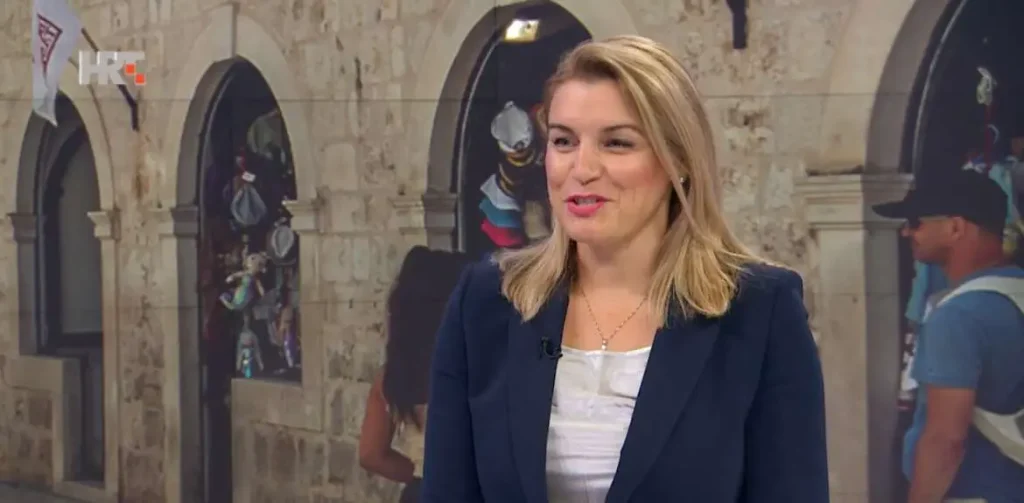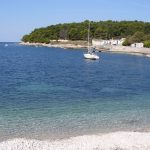The public consultation on the document is open until 20 August. The submitted comments and suggestions will then be processed, and the strategy proposal will again be presented at Croatian Tourism Days in early October, after which it is to be adopted by the end of the year and enter into force as of 1 January next year, the minister said.
The vision of sustainable tourism development, she added, implies the well-being of the local population, respect for cultural, historical, and natural heritage, as well as addressing the shortage of quality tourism workers and reducing the impact of climate change on tourism and its negative impact on living conditions (with regard to waste, traffic jams etc.).
Tourist habits and demands are constantly changing, and tourists are increasingly looking for destinations that care about the sustainability of space and offer, but also about authentic experiences and safety, said Brnjac.
According to Zvonimira Šverko Grlić of the Faculty of Tourism and Hospitality Management in Opatija, which took part in the drafting, the document was harmonised with the National Development Strategy of the Republic of Croatia until 2030 and with the basic EU documents and policies, including the National Recovery and Resilience Plan (NRRP).
Representatives of key stakeholders of the Croatian tourist sector, ministries and other relevant institutions also took part in the creation of the document, as did representatives of local communities and numerous citizens through surveys, with a total of 2,850 persons taking part.
Four main goals
Šverko Grlić said the strategy had four main goals, with the first being the development of year-round tourism and its regional balance, which means reducing its seasonality (the biggest in the Mediterranean), so that it takes place outside the summer and also on the continent.
The second goal is tourism with a preserved environment, space and climates, while the third goal is more competitive and innovative tourism with better solutions for human resources and accommodation, not like now, when private accommodation facilities account for 60% of the capacity.
The fourth goal is resilient tourism with a more effective legislative and management framework.
The adoption of the first law on tourism in Croatia is also planned, as well as a number of solutions for better data management, which will also be available to entrepreneurs.
Assistant Minister Robert Pende commented on the challenge of improving the quality of accommodation because due to the fact that 60% of capacities are family-run private facilities, tourism has lower revenue and lower quality, so the aim is to have more hotels and tourist resorts, which generate higher revenue and employ more people.
If the structure of accommodation is adapted to the offer and destination, we can become more successful in tourism than now, said Pende, adding that investments in higher quality accommodation and new tourist products would additionally be encouraged.
According to him, brownfield investments will be especially encouraged, which also leads to sustainability, but also greenfield investments, because those lead to higher quality, and HRK 1.25 billion from the NRRP will be provided to support such projects.










